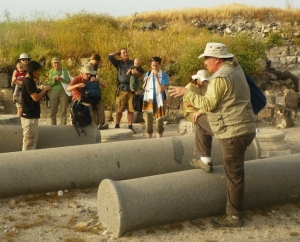Our Vision
The Biblical Language Center exists to promote and develop a living knowledge of Hebrew, Greek, and Aramaic, so that anyone can fluently read and understand the Bible in its original languages, being capable of conversing in the languages, and that there may be teachers who can reproduce these skills in others.
Background & History
The Biblical Language Center’s story begins in Africa where Dr. Randall Buth spent nearly 20 years working in Bible translation. As a consultant to translator teams he was responsible to find training programs that would equip the national translators with a working knowledge of biblical languages. However, he quickly noticed that even two to four years of studies at acclaimed schools did not come close to what would have been accomplished in other languages. He compared it to what would happen if someone spent two years working in a special program in “Goethe Studies[German]” or “Cervantes Studies [Spanish]”. At a minimum, fulltime students would be able to pick up a text in the language and read comfortably with understanding. Yet this was not happening with biblical languages. Knowing the abilities of the nationals, who themselves normally spoke 3-5 languages or more, Dr. Buth started asking questions. What is holding back language learning at our Biblical Studies programs? What needs to change? How do humans learn languages?
His background in linguistics led him to the field of Second Language Acquisition, which studies how humans learn languages that are not their mother tongue. He found that the techniques identified by leading researchers as most effective and successful revolved around getting students to use the language and involved creating an immersion-like experience in the classroom. Ironically, these very techniques that distinguished successful Spanish or German classrooms were simply non-existent when it came to the biblical language classroom and textbooks.
He started asking colleagues and institutions if there was anyone developing an immersion approach to the study of biblical languages. Although many echoed the need for such a program, none were willing to take on the challenge. But a few suggested he was the man for the job. So in 1996, he moved to Israel to begin developing curriculum and classroom pedagogy that would combine proven techniques of second language acquisition to the learning of biblical languages.
It was there in Israel that the Living Biblical Languages method was born. Dr. Buth’s classrooms, his church, even own living room became a language laboratory, as he tested and developed new materials. The results were immediately rewarding, and a new vision was born.
Randall Buth Biography

Dr. Randall Buth, together with his wife Margret, has led a life dedicated to the study of God’s word. In 1974 his pursuit to understand the original context of scripture led him to Israel for training in biblical languages and historical geography. From there he went on to sub-Saharan Africa where he would spend nearly twenty years as a Bible translator/consultant pouring his biblical background into dozens of translation projects both for Wycliffe Bible Translators and United Bible Societies.
In 1987 on a home leave he earned a PhD in Semitic languages from UCLA where he studied under Stanislav Segert. Randall returned to Africa to continue his work in Bible translation all the while becoming a recognized voice in the academic field of biblical studies, linguistics, and discourse analysis.
Then in 1996 Randall and Margret moved to Israel to begin developing new curriculum and classroom methodologies for teaching biblical languages. Drawing on his combined knowledge of linguistics, biblical studies, and translation experience, he developed the Living Biblical Languages, becoming the first to adapt methods for learning a second language to the study of biblical languages.
His pioneering work in the field has been an inspirational force for both the democratization and deepening of the study of biblical languages. His materials are not only more effective but are easy and fun, making them appropriate for a large range of ages and abilities. At the same time, his materials allow for higher levels of proficiency by planting the language inside the learner as a living language.
Randall and Margret currently reside in Israel where he continues to develop resources and refine methodology for the study of the biblical languages. He also travels internationally offering his expertise in a variety of venues and programs.
